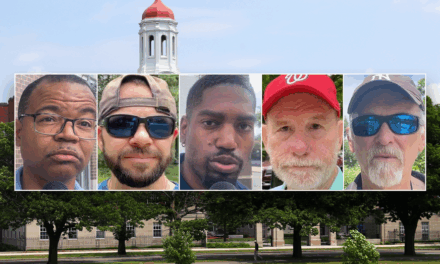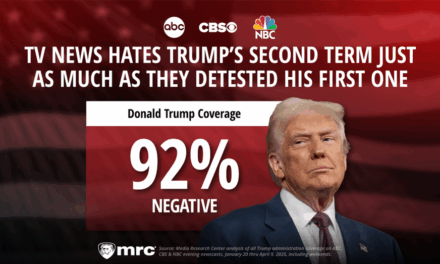As of today, 58 days have passed since Kamala Harris was announced as the Democratic nominee for Vice President by Joe Biden, yet she has not held a formal press conference. This unusual delay has raised questions among media members and political analysts about the strategy and transparency of the Biden-Harris campaign.
Since her nomination on August 11, Harris has given numerous interviews to television and print media, appeared at multiple campaign events, and participated in a highly-watched debate against Vice President Mike Pence. However, the absence of a dedicated press conference where she fields questions from a broader spectrum of reporters remains notable.
In comparison, many past vice-presidential candidates have held press conferences shortly after their nomination to address the media and discuss their platforms. Notably, Mike Pence held a press briefing within days of being selected as Donald Trump’s running mate in 2016. Harris’s avoidance of a formal press conference is a departure from this norm and has led to speculation about the campaign’s communication approach.
This strategy could be influenced by several factors. The ongoing COVID-19 pandemic has severely disrupted traditional campaign activities, making in-person events challenging. Moreover, the Biden-Harris campaign might be selectively controlling their messaging to avoid the pitfalls and potentially damaging questions that spontaneous press interactions can sometimes bring.
There is also a broader strategic approach at play. By avoiding a formal press conference, the campaign can meticulously craft its message through controlled interactions, carefully selecting the venues and mediums for communication. This allows Harris to focus on pivotal battleground states, voter outreach, and targeted appearances without the unpredictability of a live press briefing.
However, this has not stopped their critics from raising concerns. For Republicans and some media commentators, the absence of direct engagement through a press conference is perceived as a lack of transparency and an evasion of accountability. They argue that confronting challenging questions from a range of reporters is a critical part of democratic processes and leadership qualifications.
The Biden-Harris campaign has countered these critiques by pointing to Harris’s active presence in other media formats and her willingness to engage with various media outlets. They emphasize that she has been accessible, just in different settings. Additionally, they underline that during this exceptional election year, characterized by unprecedented public health challenges, their approach reflects adaptive and responsive campaign tactics.
As the election nears, it remains to be seen whether Kamala Harris will eventually hold a formal press conference, satisfying the expectations of traditional campaign proceedings. For now, her interactions with the press remain more curated and selective, fitting within a new normal of political communication strategies.
































